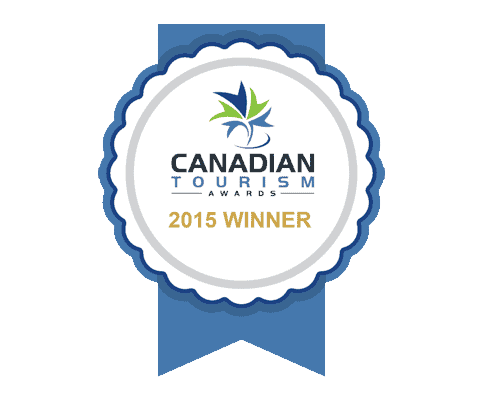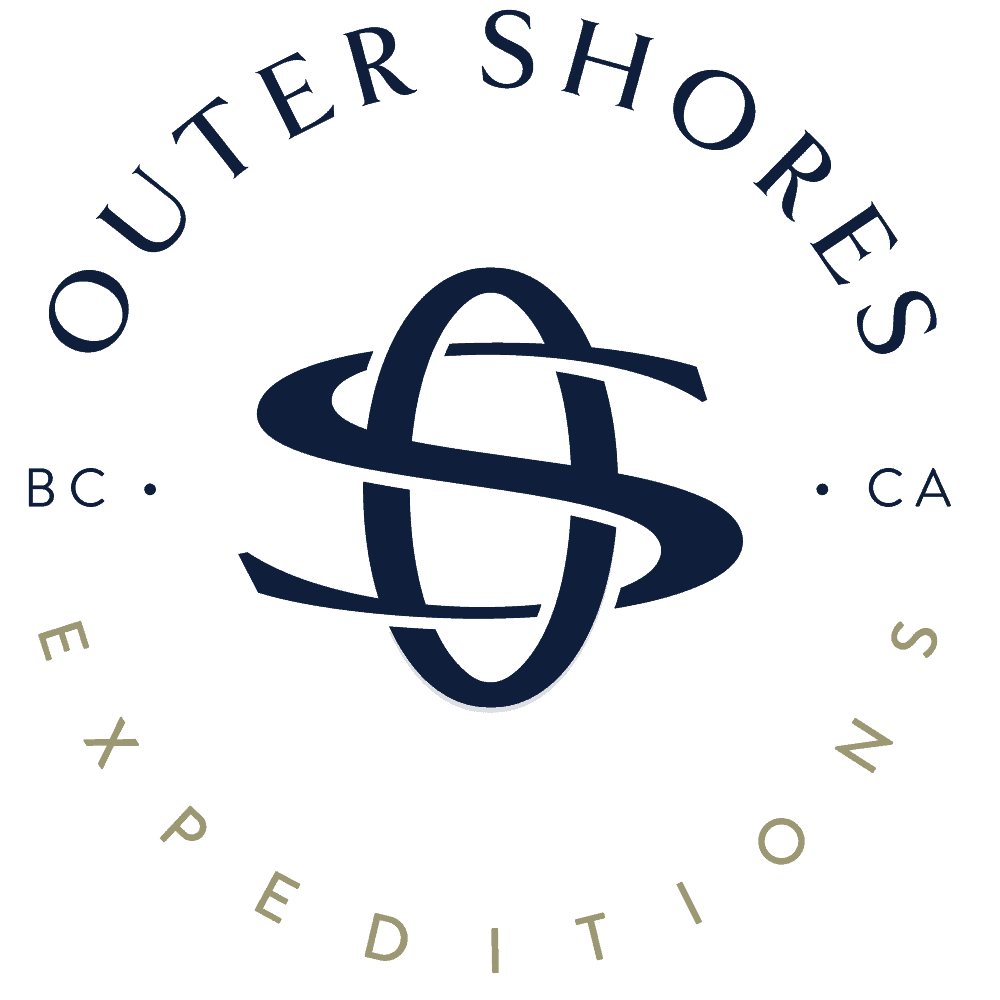The Small Ship Tour Operators Association of British Columbia (SSTOA), is comprised of seven 100% Canadian owned and operated, small-ship based travel companies, including Outer Shores, that specialize in providing niche wilderness travel experiences for small groups of 6-24 passengers, throughout the BC coast. In particular, we operate and work closely together, and in partnership with numerous First Nations, throughout Canada’s Great Bear Rainforest. The SSTOA is an initiative with the Wilderness Tourism Association of BC (WTA), and we work closely with the Commercial Bear Viewing Association of BC (CVBA).
As a result of the COVID-19 pandemic, SSTOA member companies eventually lost their entire 2020 operating seasons, resulting in the cancelation of approximately 15,000 annual visitor nights, the loss of approximately 100 direct employee jobs, and, ultimately, severe financial challenges and realities.
In response, the SSTOA pivoted to collaboratively seeking alternative options for generating revenue, mitigating massive financial losses, employment of crew, and contributing to the social, cultural, ecological, and economic well-being of the BC coast. In early May 2020, SSTOA members envisioned and embarked upon seeking funding in the form of government grants to initiate an unprecedented removal of marine debris from BC’s Central and North Coasts (also known as the Northern Shelf Bioregion and Great Bear Rainforest).
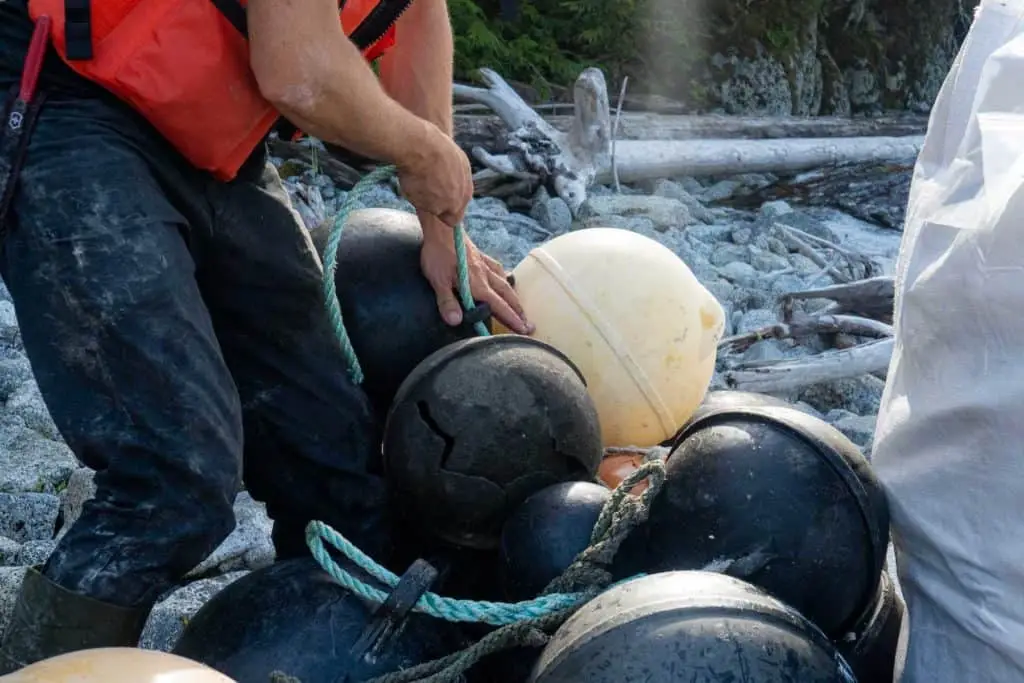
Our proposed marine debris removal initiative (or “MDRI” as it would become known), would be unprecedented in both size and region – never before had a shoreline clean-up of this magnitude been conducted on the BC coast, let alone along the remote and rugged shores of the Central Coast. And, critically, if we were able to find government funding for our initiative it would allow our companies to immediately re-hire many of our employees laid off due to the pandemic, support the survival and recovery of our industry, and provide untold ecological benefits to the coastal wildlife and marine ecosystems of our coast.
Why Marine Debris?
Each year an estimated 8.8 million tons of marine debris, or marine litter, enters the world’s oceans in the form of a wide range of industrial, residential, and single-use plastics. At current levels, marine debris represents a major global threat to biodiversity and ecosystem function due to its abundance, durability, and persistence in the marine environment. Direct and indirect impacts include entanglement (particularly seabirds and marine mammals), ingestion, and bioaccumulation of toxic additives. In turn, these environmental impacts have wide-reaching consequences for human well-being and local and regional economies.
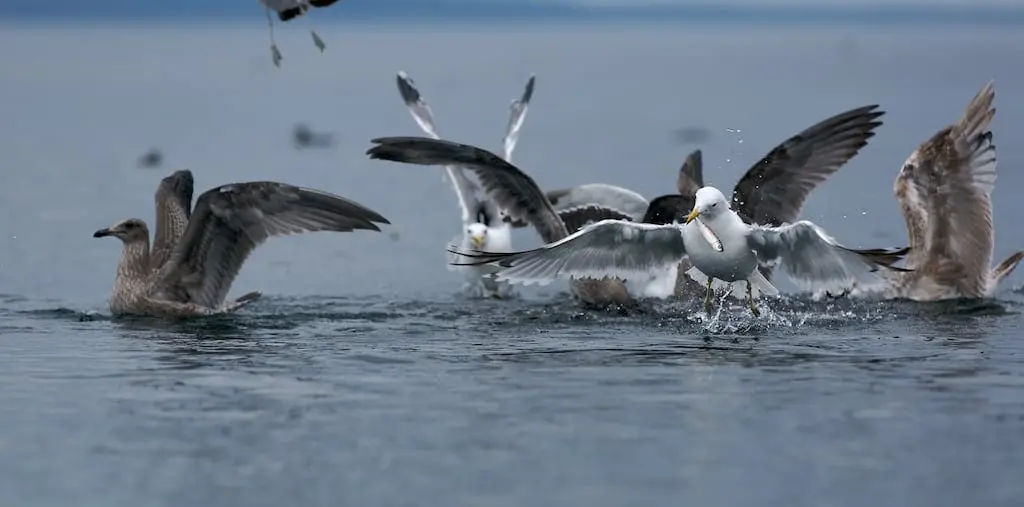
In British Columbia, despite being sparsely populated and relatively inaccessible, the accumulation of vast amounts of marine debris, derived both domestically and internationally, are increasingly a source of alarm and great concern. In April 2019, Premier John Horgan tasked Sheila Malcolmson (MLA for Nanaimo, Special Advisor for Marine Debris Protection, and Parliamentary Secretary for Environment), to find solutions to the issues of abandoned vessels, marine debris, and marine-sourced plastics on the BC coast. Her resulting February 2020 report is entitled: “What We Heard On Marine Debris In BC”. Among the many challenges facing the removal of marine debris on the BC coast are the logistics, costs, and complexities of collection, transportation, and disposal. This is especially true for BC’s Central and North Coasts.
One of the key solutions recommended in Malcolmson’s report is to enable government funding programs, including “funding or conducting shoreline and debris clean-ups, with more of a focus on remote locations.” Shoreline clean-ups not only remove existing debris from important habitat, but they also prevent the subsequent formation of microplastics in the ocean. If shoreline plastics are not removed before winter storms arrive, huge ocean swells sweep existing onshore debris back into the sea, where the debris breaks down into microplastics, which are infinitely more difficult (so far, impossible) to remove.
This is where the member companies of the SSTOA come in. Our vision, and resulting proposal to government, was to conduct an unprecedented, large-scale marine debris removal initiative along the remote and rugged shorelines BC’s Central and North coasts. We argued that the proposed initiative and activities would:
- Create approximately 100 immediate jobs for skilled workers in coastal British Columbia.
- Achieve federal and provincial environmental protection goals supporting Canada’s commitments to the 2015 United Nations 2030 Agenda for Sustainable Development (particularly Goal #14, Life Below Water), and its 2018 commitment to the G7 Ocean Plastics Charter.
- Remove more than 25,000 kg of marine debris from over 500 km of shoreline.
- Create measurable improvements in the marine foreshore and marine habitats in remote areas of BC’s coastline, with wide-reaching benefits to coastal wildlife, marine ecosystems, fisheries, nature-based tourism, and coastal First Nations.
Specifically, we proposed to conduct two 21-day expeditions to the outer coasts of BC’s Central and North Coasts. Our initiative would include 9 small ships, all exceptionally-well outfitted for extended and remote expeditions. Our uniquely skilled and experienced crews, approximately 80 in total, would access mostly rugged, rocky, wave-swept shorelines using primarily rigid-hull inflatable skiffs. Marine debris would be collected and loaded into helicopter lift bags, and at the end of each expedition, a helicopter would lift these bags onto a barge, towed by a tug, ultimately to a disposal and recycling facility on Vancouver Island.
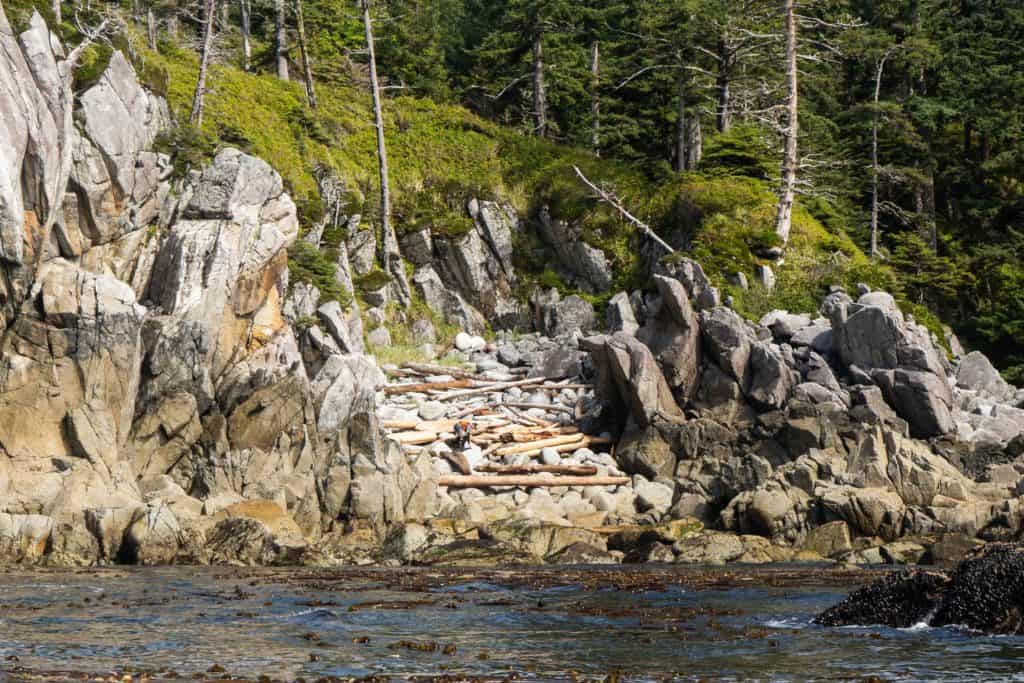
Critically, the proposed expeditions would be closely coordinated with First Nations to identify priority areas for debris removal and avoidance of culturally sensitive sites. Extreme caution with respect to COVID-19 would be exercised, including pre-departure quarantine and testing of crews, ongoing screening, strict onboard health and safety policies and practices, and detailed emergency response and evacuation plans. Vessels would be entirely self-sufficient, and have no needs to visit local communities for crew transfers, provisioning, refueling, etc.
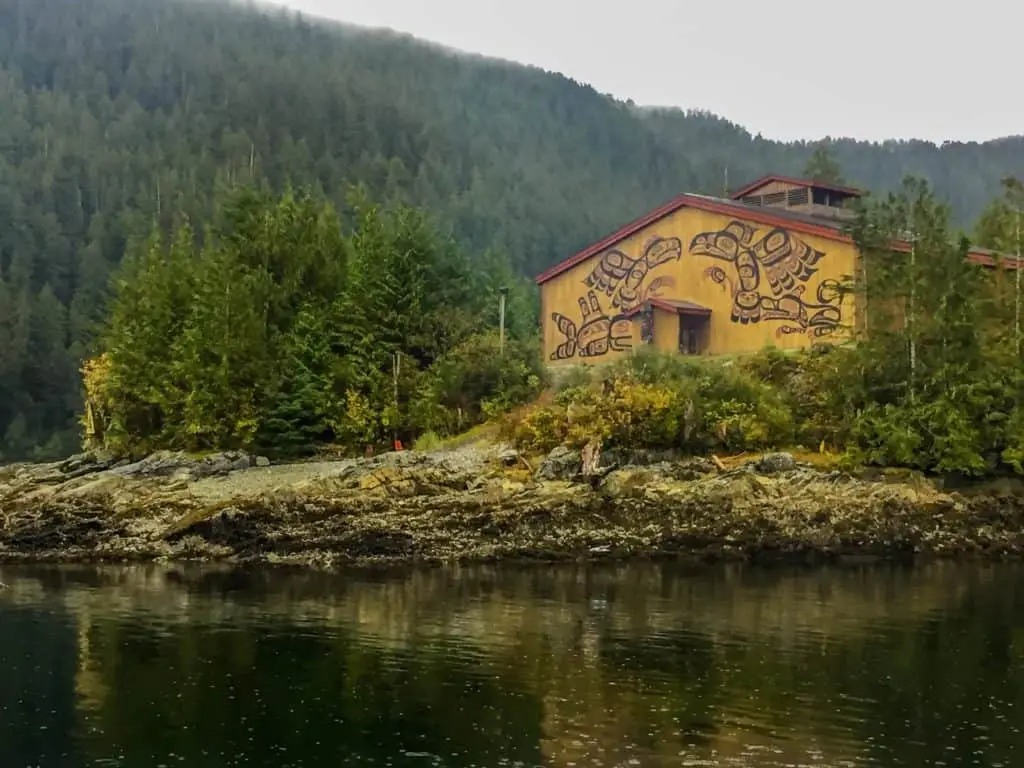
At the same time, our proposed MDRI included budgets for participating First Nations to conduct separate shoreline clean-ups in culturally and ecologically sensitive areas, where it would be inappropriate for our crews to visit. Working collaboratively, our project would provide lift bags, Indigenous community members would be hired to conduct the cleanup work, and then we would use the tug, barge, and helicopter we had contracted to remove and dispose of the debris.
By early June, as the events of the pandemic continued to play out, our MDRI proposal was complete and we began reaching out to Federal, Provincial, and First Nation governments. Our project Co-Leads were myself (Russell Markel) and Kevin Smith (Maple Leaf Adventures). Participating SSTOA owners/companies included Eric Boyum (Ocean Adventures), Randy Burke (Bluewater Adventures), and Ross Campbell (Mothership Adventures). Scott Benton (Executive Director of the Wilderness Tourism Association) and Katherine McRae (Executive Directors of the Commercial Bear Viewing Association) provided invaluable assistance in our communications with government and, eventually, project management.
Our story of working with governments to find funding for our proposal is a long one that we’ll save for a later date; however, we were successful. On August 31st, 2020, the Government of BC announced their funding of the SSTOA Marine Debris Removal Initiative. The Clean Coast, Clean Waters Initiative Fund (CCCW), would help small ship tour operators, Indigenous Nations, local communities, and others participate in a $3.5-million clean up of the shores of BC’s Central Coast. The clean up would create jobs and support coastal communities as they recover from the COVID-19 economic downturn, and the massive financial impacts to tourism.
Project Co-Leads, Russell Markel (Outer Shores Expeditions), and Kevin Smith (Maple Leaf Adventures)
Participating SSTOA owners/companies, Eric Boyum (Ocean Adventures), Randy Burke (Bluewater Adventures), and Ross Campbell (Mothership Adventures).


